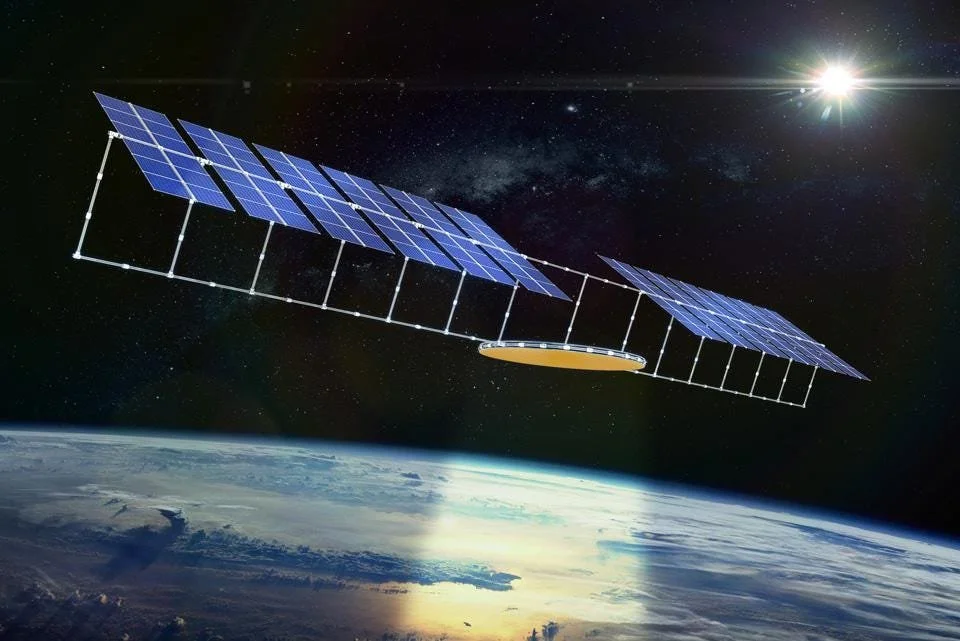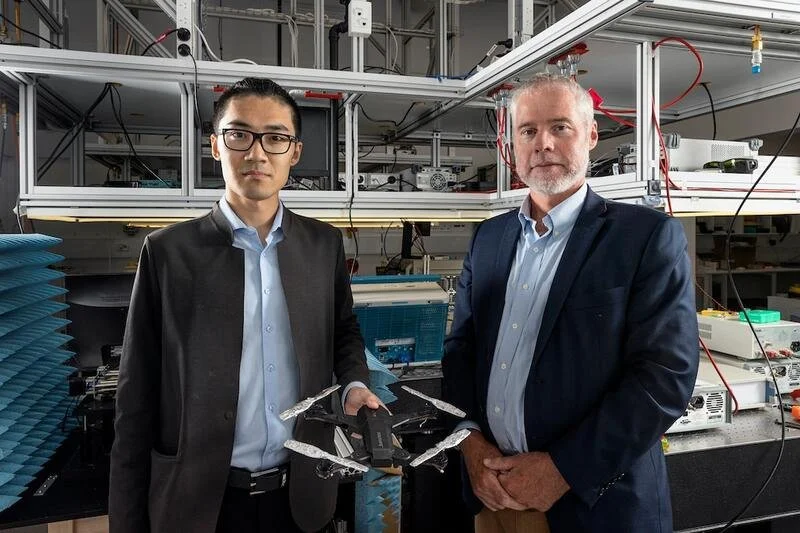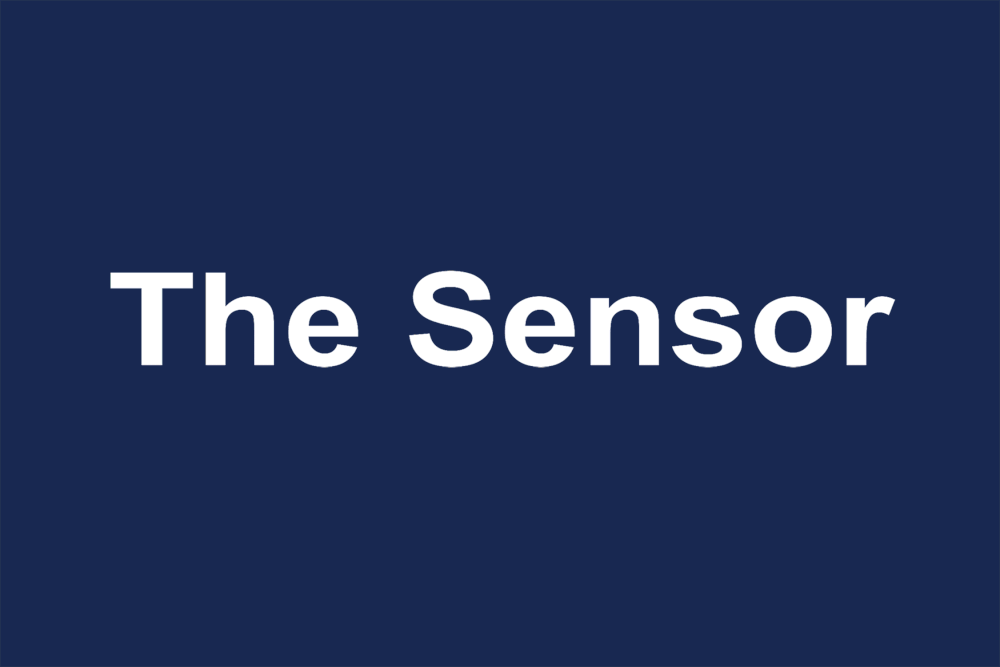The NSW Smart Sensing Network has supported three small businesses teaming up with NSW universities in receiving government funding to solve the state's top priority R&D challenges in areas like telecommunication connectivity, koala population monitoring and water quality in health facilities.
Read MoreIn the last 200 years, the human population has grown from 1 billion to almost 8 billion strong — and as our population grows, Earth's resources shrink.
Read MoreThe NSW Government has signed historic five-year Innovation Partnerships with a further 10 NSW public universities to boost innovation, attract investment and strengthen collaboration across the sector and state.
Read MoreScientists from the University of Sydney have achieved a technology breakthrough with potentially life-saving applications by using an improved version of radar called ‘advanced photonic radar’.
Read MoreThe NSW Smart Sensing Network (NSSN) is seeking expressions of interest for the role of Board Chair to serve an initial term of two years (renewable for a further two years).
Read MoreThe NSW Smart Sensing Network (NSSN) is seeking expressions of interest from suitably qualified individuals to join its Board.
Read More2022 is off to a strong start here in NSW! We begin the year by announcing the NSW Smart Sensing Network has supported its members in securing $960,000 in ARC LIEF funding.
Read MoreSupported by the NSW Smart Sensing Network, two research teams from the University of Technology Sydney (UTS) and University of Newcastle have secured a total of $958,000 in funding under the latest round of the Australian Research Council's Linkage Infrastructure, Equipment and Facilities (LIEF) scheme.
Read MoreWearable devices are often promoted as new developments complementing the set of personal gadgets assisting us in our busy day-to-day lives. But the first personalised wearable device, the humble specs, was actually invented in the 13th century in Italy.
Read MoreResearchers from the University of Technology Sydney (UTS) have developed a novel carbon-based biosensor that is set to transform brain-controlled robotics.
Read MoreResearchers from the University of Sydney’s Centre for IoT and Telecommunications are developing an industrial long-range WiFi system allowing wireless signals to travel several kilometres, while carrying more data without dropping out or experiencing lag.
Read MoreCoronavirus is evolving quickly! Omicron, announced by WHO as the latest variant of concern, had reached Europe at least a week before it was detected. No matter how fast the threat grows, we know one thing for sure: throughout the six million years of human evolution, we have worked together, built tools and used our common knowledge and skills to survive.
Read More











